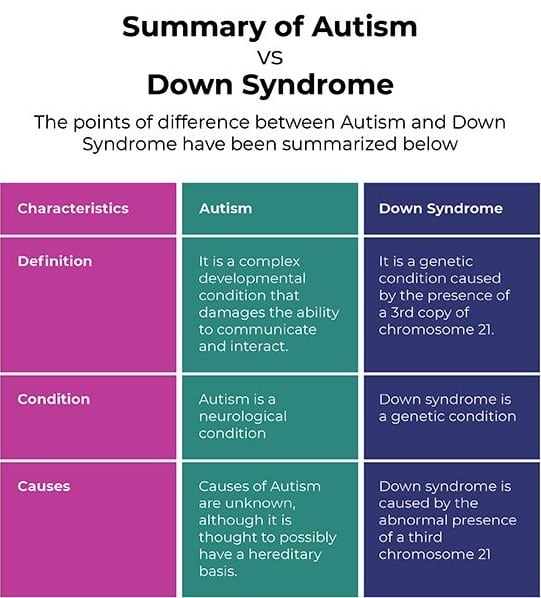Let’s say Billy is a 10-year-old child who was born with a health issue. As his pediatric therapist or teacher, you might use the term “congenital condition” when working with him in the following ways:
- You might use the term to explain to Billy and his parents what his condition is and how it may affect his development.
- You might use the term to help Billy understand why he may need to see a doctor or therapist regularly or why he may need to take medicine or use special equipment.
- You might use the term to help Billy and his classmates understand why he may need extra help or support in certain areas and to promote inclusiveness and understanding in the classroom.
In these situations, it’s essential to use clear, respectful, and age-appropriate language to help Billy and others understand his condition and how it may impact his life.









